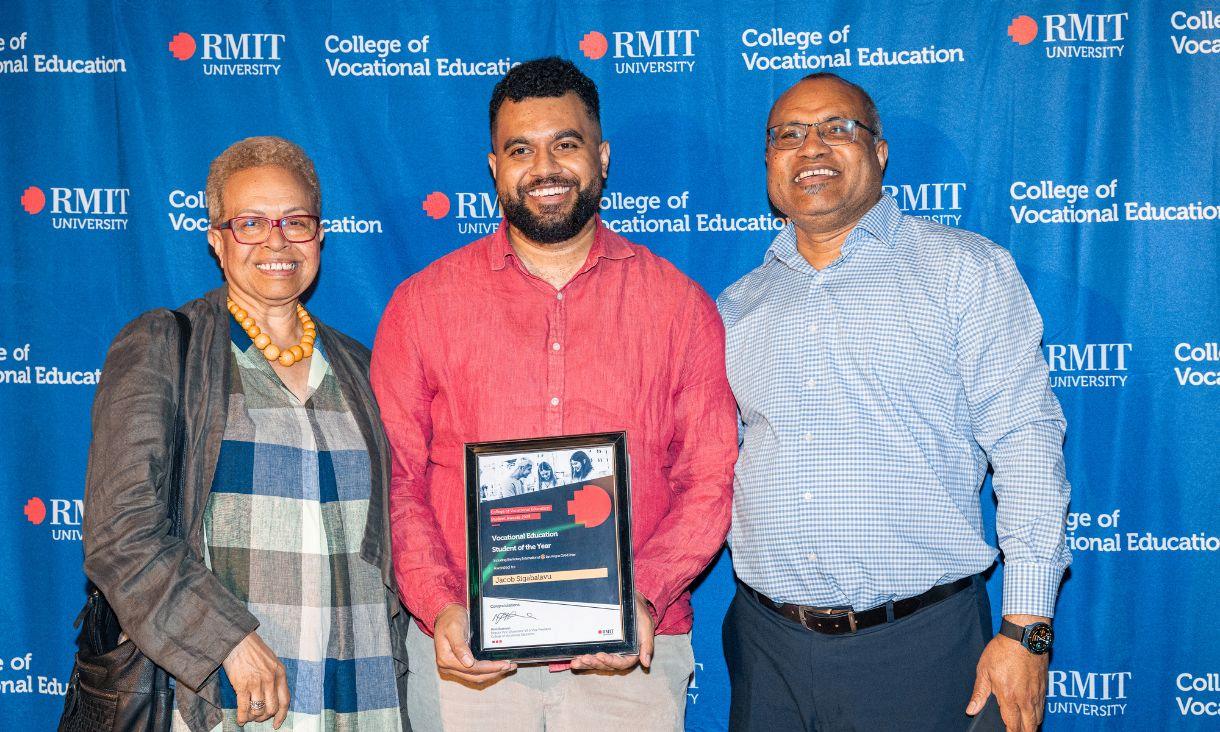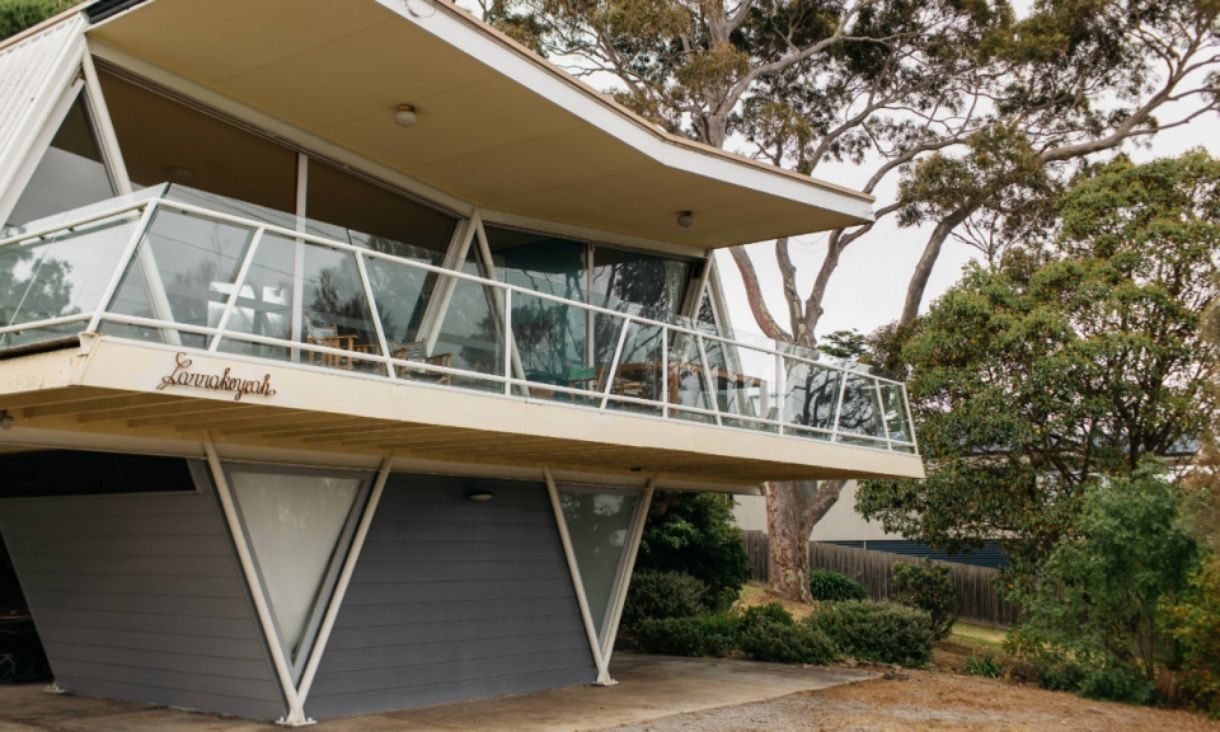What is FORWARD and how did the Reconciliation and Place project come about?
Thomas: FORWARD is RMIT’s Centre for Future Skills and Workforce Transformation. Our remit is to explore and reimagine the skills and workforce transformations needed for the future of work.
FORWARD’s role is to explore some of the key issues around what skills people will need in the future and look at the effects that will have on individuals, on businesses, on the economy and the nation as a whole.
When it came to designing the new place to work for FORWARD, it was natural that it should provoke new ideas about what the future of work could, and should, be.
Guided by Dhumbah Goorowa, RMIT’s second Reconciliation Plan, we also wanted to create a workspace that challenged our thinking and called on us to bring the principles of reconciliation into our everyday work – which is how FORWARD’s Reconciliation and Place project was born.
We could have chosen any theme in our workspace. We could have chosen any style or type of art or chosen any kind of artefact to fill our workspace. But it seems to me that reconciliation is incredibly important. Not just reconciliation in the sense that we understand it in Australia, but also the idea it’s about building stronger, more compassionate and understanding relationships with each other, which as we all know, is the essence of all work.
How did you bring the project to life?
Spencer: Our vision was to create a workspace that, for our team and our visiting colleagues and industry partners, promoted curiosity, sparked conversations, and challenged us to re-evaluate our relationship to the past, present and future.
With this vision in mind, we started on a journey of learning and relationship building.
As an emerging and entrepreneurial artist with a strong connection to education and a passion for sharing knowledge and championing unity and reconciliation, Troy Firebrace was a perfect collaborator for this project.
Troy is a proud Yorta Yorta and Dja Dja Wurrung man. Alongside his practice as a professional artist and managing his business Firebrace Designs, Troy also works as an Aboriginal Education Officer for Catholic Education Sandhurst.
The principles of education and sharing knowledge to enact change are intertwined in every aspect of Troy’s life and work. He sees each interaction with a potential client as an opportunity to share knowledge and understanding of his culture to advance reconciliation in Australia.
We felt incredibly privileged to collaborate with Troy on this project.

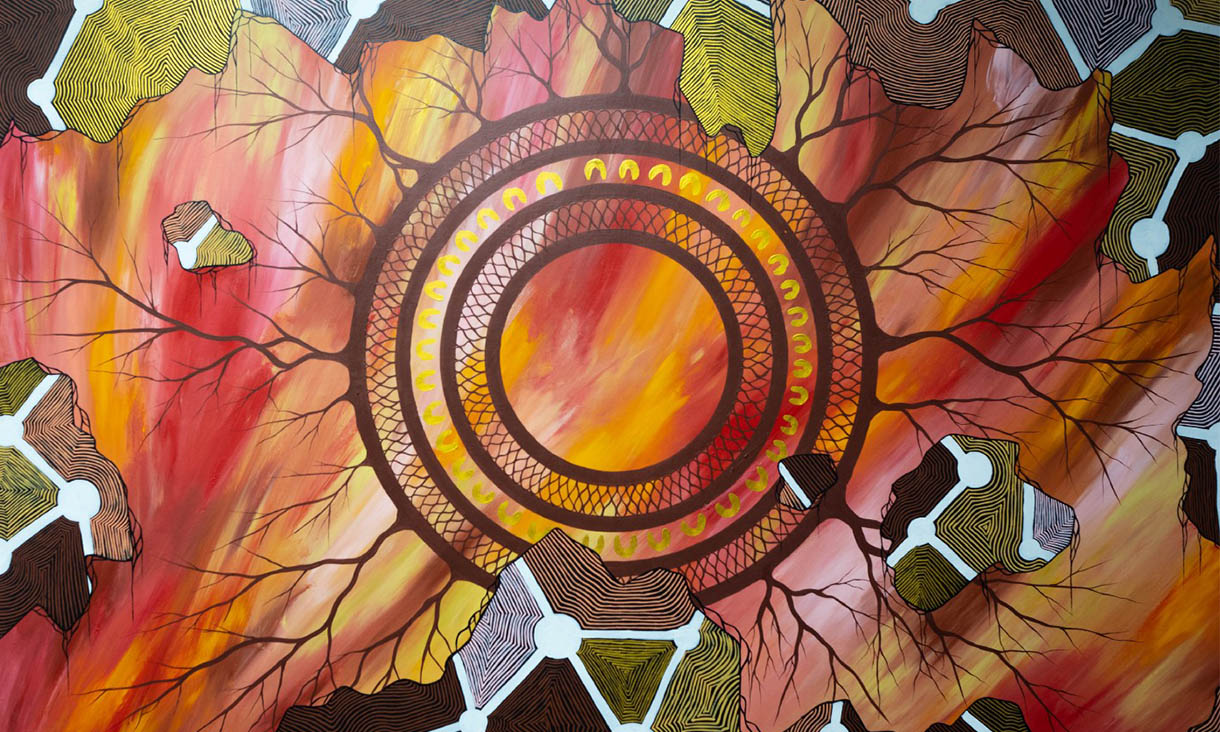
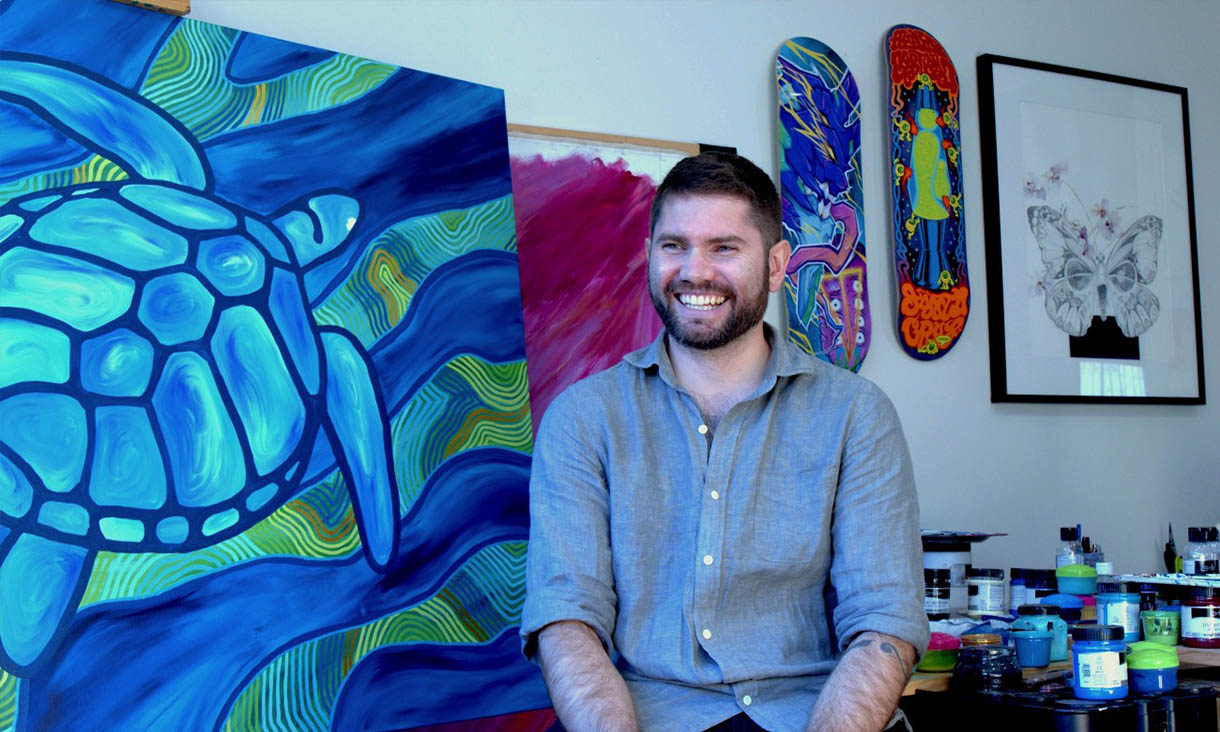
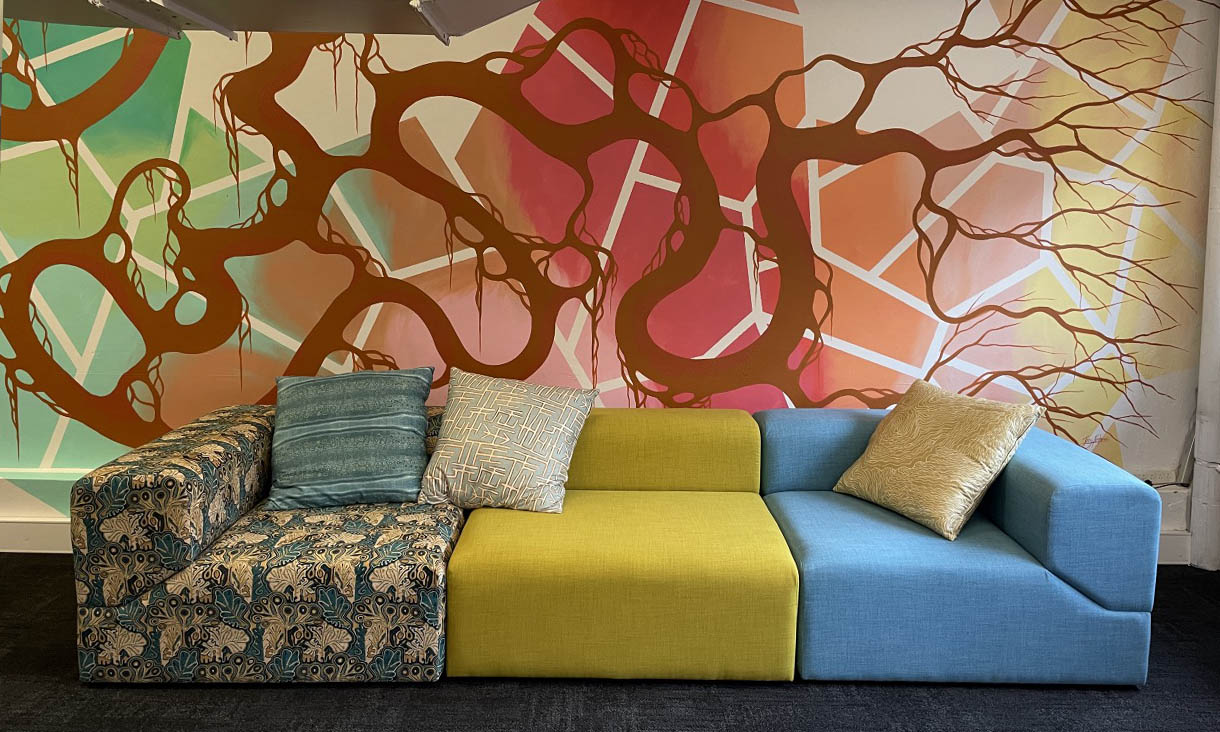
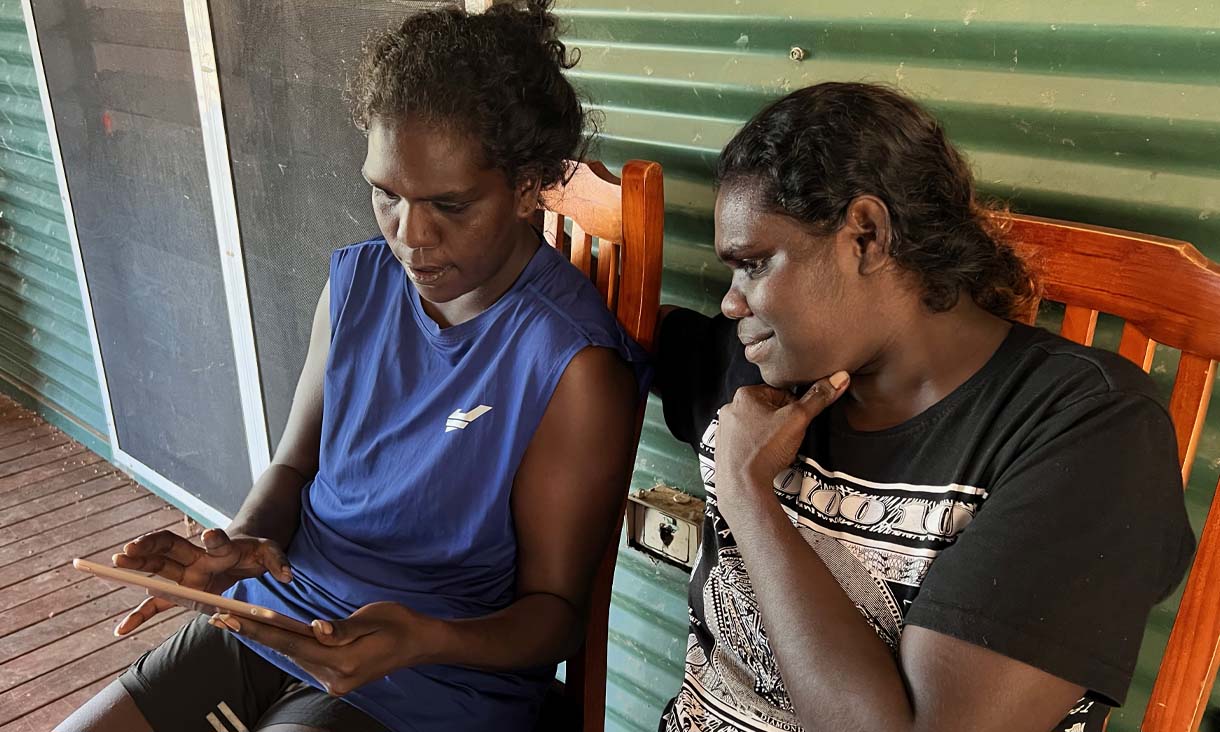
%201.jpg)
